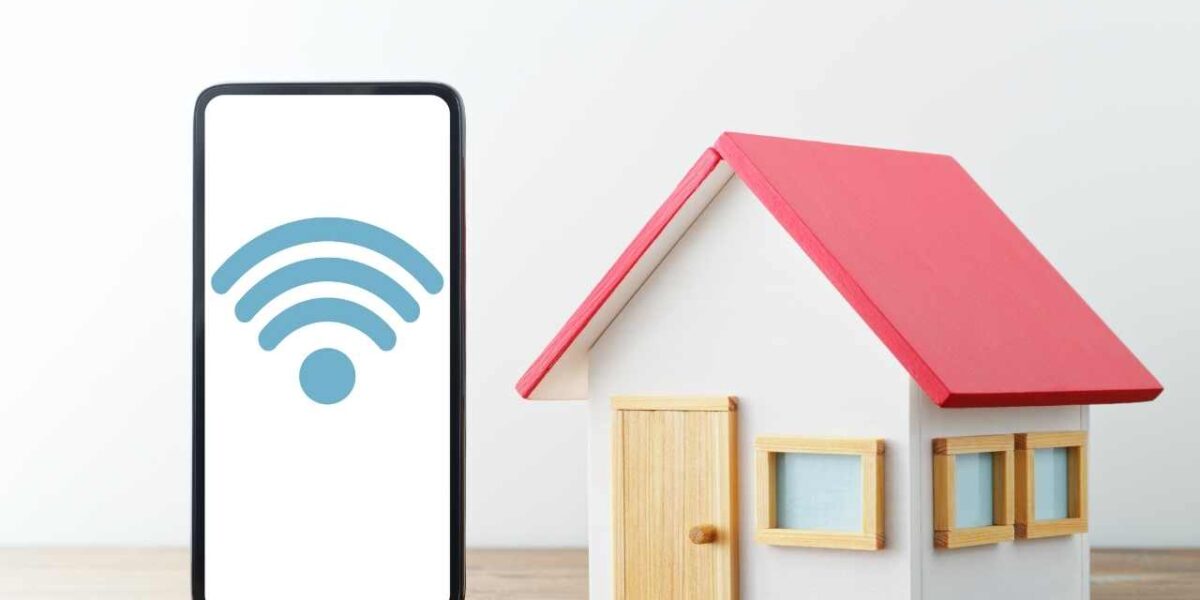Internet of Things (IoT) helps people live and work smarter while gaining complete control over their lives. IoT provides businesses with a real-time look into how their systems work, delivering insights into everything from the performance of machines to supply chain and logistics operations.
According to TechTarget, IoT enables companies to automate processes and reduce labour costs. It also cuts down on waste and improves service delivery, making it less expensive to manufacture and deliver goods and offering transparency into customer transactions.
As such, IoT is one of the most important technologies of everyday life. It will continue to pick up steam as more businesses realize the potential of connected devices to keep them competitive.
The benefits of IoT
IoT offers benefits to organizations that could be industry-specific, and some are applicable across multiple industries. Some of the common benefits of IoT enable businesses to:
· monitor their overall business processes;
· improve the customer experience (CX);
· save time and money;
· enhance employee productivity;
· integrate and adapt business models;
· make better business decisions; and
· generate more revenue.
There are numerous real-world applications of the internet of things, ranging from consumer IoT and enterprise IoT to manufacturing and industrial IoT. IoT applications span numerous verticals, including automotive, telecom and energy.
In the consumer segment, for example, smart homes equipped with smart thermostats, smart appliances and connected heating, lighting and electronic devices can be controlled remotely via computers and smartphones.
Wearable devices with sensors and software can collect and analyze user data, sending messages to other technologies about the users to make users’ lives easier and more comfortable. Wearable devices are also used for public safety, such as improving first responders’ response times during emergencies by providing optimized routes to a location or tracking construction workers’ or firefighters’ vital signs at life-threatening sites.
In healthcare, IoT offers many benefits, including the ability to monitor patients more closely using an analysis of the generated data. Hospitals often use IoT systems to complete tasks such as inventory management for pharmaceuticals and medical instruments.
Smart buildings can reduce energy costs using sensors that detect how many occupants are in a room. The temperature can adjust automatically — for example, turning the air conditioner on if sensors detect a conference room is full or turning the heat down if everyone in the office has gone home.
In agriculture, IoT-based smart farming systems can help monitor, for instance, light, temperature, humidity and soil moisture of crop fields using connected sensors. IoT is also instrumental in automating irrigation systems.

